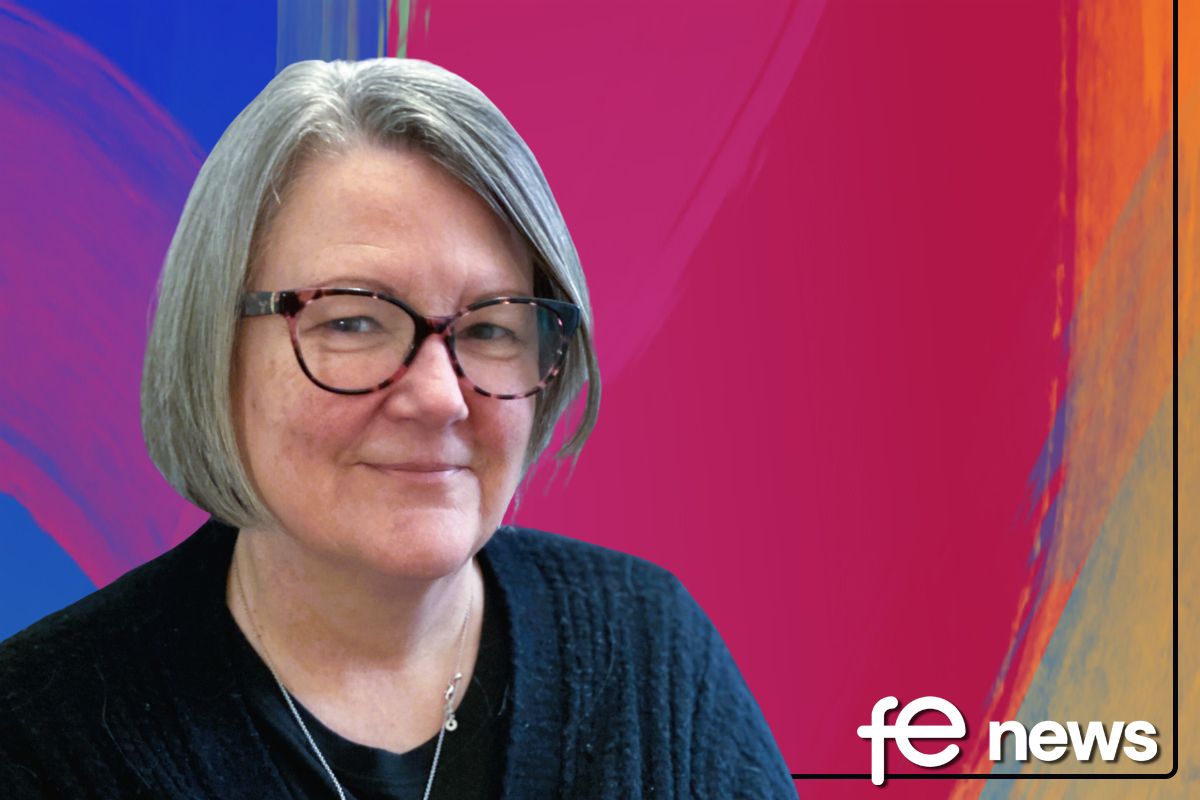Informing the Future: The Leadership of Thinking

With rapid change, risk, uncertainty impacting on individuals and wider society some serious efforts are needed now and, in the future, to support the leadership of thinking.
Education and employment systems are designed to support individuals to make the most of their talents and skills.
To broaden individuals’ participation into education and lifelong learning, this requires highly motivated professionals able to adapt and thrive within changing education and employment support systems.
I recently had the privilege of chairing an international virtual event, with over 110 participants, focusing on these hot topics. Here are some are powerful insights:
Doing is not enough and thinking is not enough: each is impoverished without the presence of the other.
To face and shape change and to play an active part in building future education and employment support systems, particularly in the aftermath of Covid-19, it is timely to reflect on what future leadership of thinking could offer to and for change, better chances and choices for all.
The Further Education Trust for Leadership (FETL) think tank, established seven-and-half years ago, is now set to close later this year. A recent international webinar reflected on its extraordinary achievements, spearheaded by Dame Ruth Silver DBE.
Some selected examples include:
42 funded project grants, 82 publications, 84, videos, nine webinars and 12 large-scale symposiums. UK-wide insights to the College of the Future, the Centenary Commission on Adult Education, and the Institute for Public Polic Research greatly benefitted from FETL’s support. The British Library and University College London (UCL) want FETL’s materials for their archives.
This is the end of an era, but also a new beginning.
A wicked question:
Does Further Education (FE) need an independent think tank for the sector?
Dame Ruth Silver explains “Together educationalists are shaping a future that many of us will not be part of in the longer-term. A focus on the leader in the system, and the system in the leader is essential.” FE, skills and careers are corridors between and within education and employment. Finding spaces and places for collective thinking, creativity, challenging diversity and inclusion inequalities and nurturing professional curiosity is currently in short supply.
For the FE sector Pat Carvalho, Principal of Harrow College and Deputy CEO HCUC, thinks it is very important that FE colleges reflect their local communities and the students who come to their institutions. “We need to review what we do for students across the whole of the student journey and do this by looking through their lens. This too applies to our workforce and our staff experiences and how we develop them in our institutions. It has to be a root and branch review because everyone needs to be part of this.”
Professor Kris Magnusson from Simon Fraser University, British Columbia talked about “career helping” and highlighted the importance of harnessing perspective and emotion in everyday practice.
“The more deeply rooted our schema, the less likely we are to see alternative patterns or meanings.”
He cited this quote: “We cannot feel good about an imaginary future when we are busy feeling bad about an actual present.” Greater attention to emotional filters and ways to reframe greater dialogue within and between institutions, professions and sectors requires greater attention.
Dr Sue Pember CBE shared her insights on the leadership of thinking having worked in nearly every part of the education sector. She is a strong advocate for the adult learner – an activist who loves a good system. She believes in the last five years there has been a vacuum in thinking.
Reflecting on her experience of working with FETL Sue said: “Having the space to think, to think differently, and with others is incredibly important e.g.,
Matt Atkinson Managing Director, FE Associates, presented a series of practical ideas to stimulate intellectual curiosity. He reminded us of the importance of leadership in thinking and “poking and prodding through provocation” This is something FETL did well.
Thinking about informing the future thinking, Matt argued models for leadership training have hardly changed in recent years – they often miss the person at the centre and their teams. “We are in disconnected organisations and remote working is in norm.
Never before has duty of care been more important to us as leaders and employers.” He called for a rethink in the way leaders are trained – citing a ground-breaking approach, sponsored by FETL – involving how psychoanalysis and systems theory contribute to the leadership of thinking.
Education professionals have been driven by assessments, inspections, performance measures and, in some cases, unrealistic targets that impact negatively on the student or client experience. It is time for change.
Organisations such as FETL and the Black FE Leadership Group are so important as they ensure we are daring to ask the right questions, looking at and taking part in research about what we do as a sector to improve diversity and inclusion.
There is a need to:
- consider the way we develop leaders in FE, skills and careers sectors
- think about how we as leaders attach themselves to organisations and the leaders in the system from grassroots upwards
- cultivate our own inner worlds, as well as remembering the complexity of the environment and outer worlds we all operate in
- move to a centrally of people at the heart of organisations – develop them up to think about leadership.
As Dame Ruth Silver states:
“FE, skills and career development support are crucial: these areas of leadership education are loyal to the future – for all. Ethical excellence is something we much all strive towards.”
The conclusion from the online event – the Further Education (FE) does need an independent think tank for the sector.
Watch this space!
Dr Deirdre Hughes OBE, Director, dmh associates











Responses